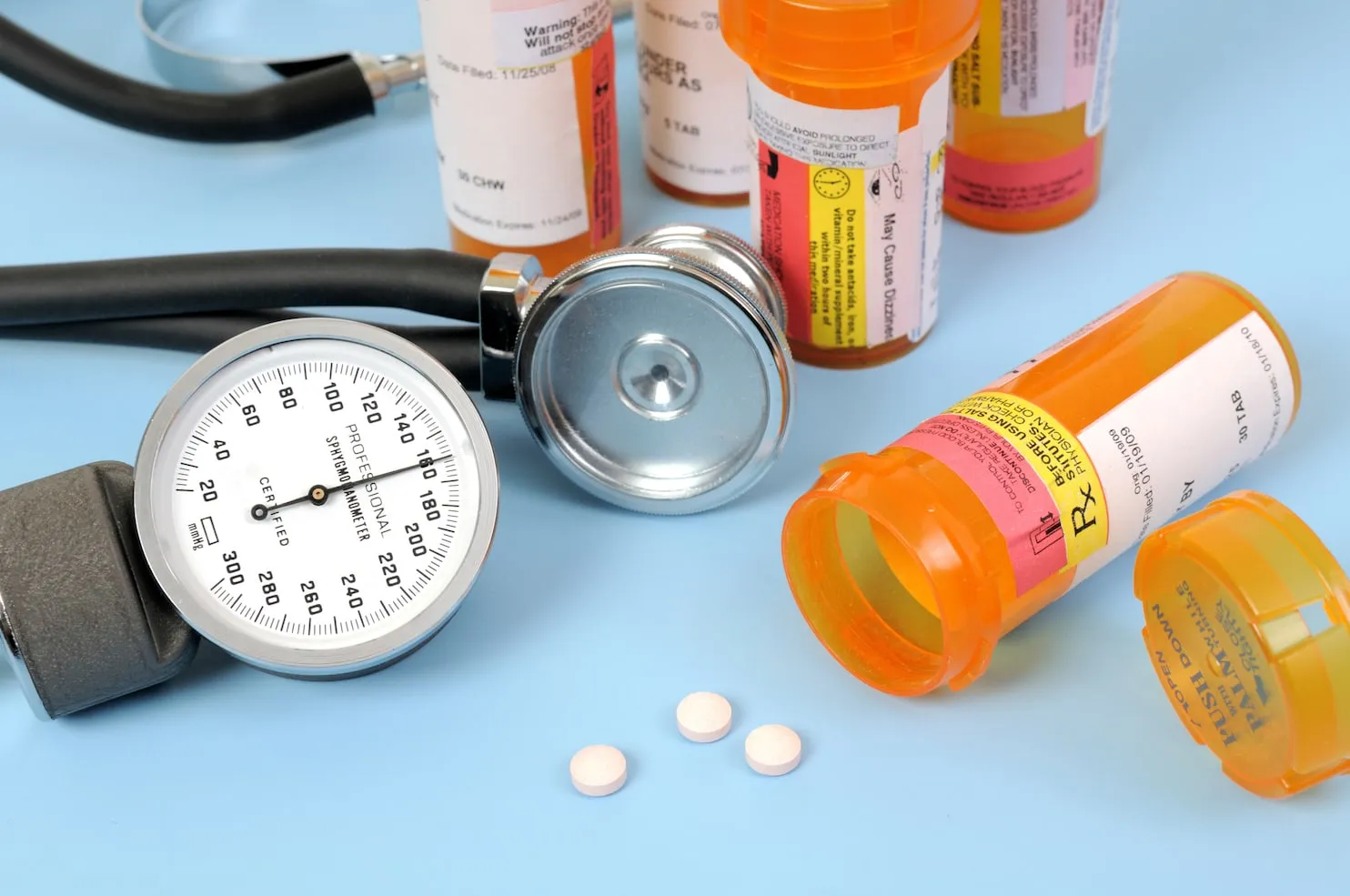

By Jack Middow, Published on
Exciting advancements in hypertension treatment are transforming the way high blood pressure is managed. From innovative drug therapies and personalized medicine to AI-powered monitoring systems and cutting-edge medical devices, these new approaches offer hope for better control and improved quality of life. Stay ahead with the latest insights and find out how these breakthroughs can help you or your loved ones manage hypertension more effectively! Continue Reading
By Sarah Jones, Published on
Sudden increases in blood pressure can be triggered by various factors, including stress, high salt intake, certain medications, excessive caffeine or alcohol consumption, and sudden physical activity. Hormonal changes and acute pain can also cause unexpected spikes. Understanding these triggers is crucial for effective prevention and management. If you experience severe symptoms like headache, chest pain, or vision changes during a spike, seek medical help immediately. Managing lifestyle factors and knowing the warning signs can help maintain stable blood pressure and protect your health... Continue Reading
By Sarah Jones, Published on
Blood pressure headaches occur when sudden spikes or consistently high blood pressure cause pain or discomfort in the head. Common triggers include stress, excessive salt intake, medications, and hypertensive crises. Symptoms often include throbbing pain, dizziness, and blurred vision. Effective management involves monitoring your blood pressure, adopting a healthy lifestyle, taking prescribed medications, and seeking immediate medical help for severe symptoms. By understanding the causes and taking proactive steps, you can manage blood pressure headaches and protect your health... Continue Reading
By Sarah Jones, Published on
Managing hypertension involves a combination of lifestyle changes, medications, and stress management. Focus on a healthy diet like the DASH plan, engage in regular exercise, and practice portion control. Medications such as diuretics, ACE inhibitors, and beta-blockers may be prescribed to control blood pressure. Managing stress, limiting alcohol and caffeine, and quitting smoking are essential for heart health. Regularly monitor your blood pressure and consult your healthcare provider to adjust your treatment plan. With the right approach, you can reduce the risk of complications and improve your overall well-being... Continue Reading